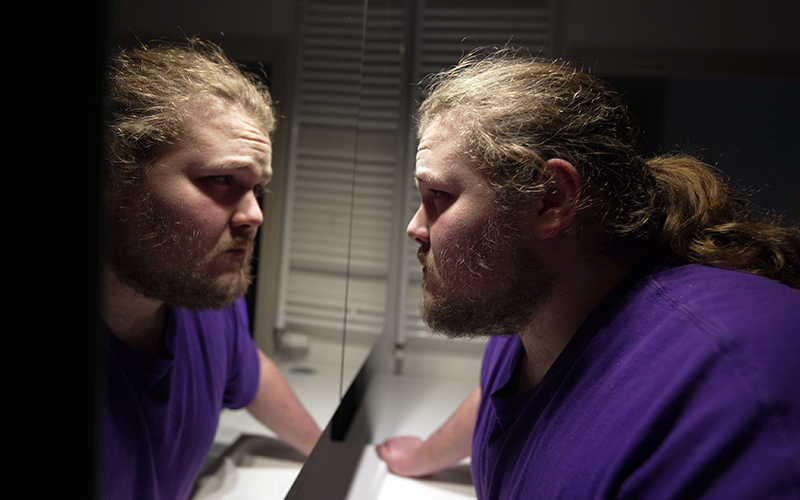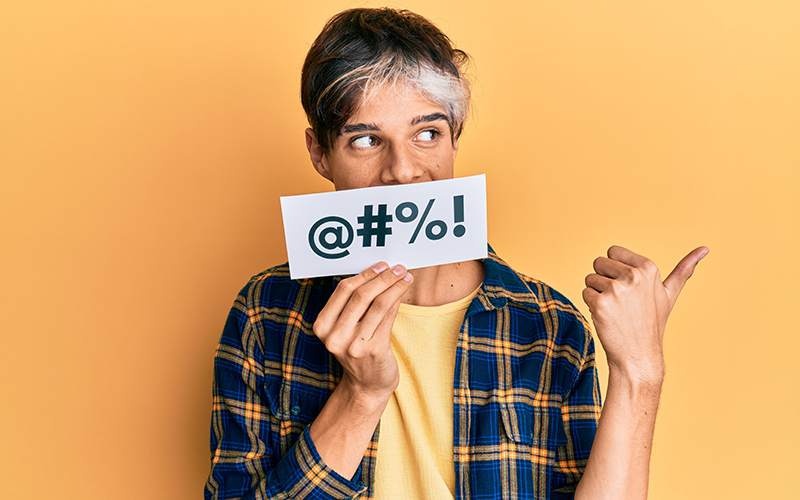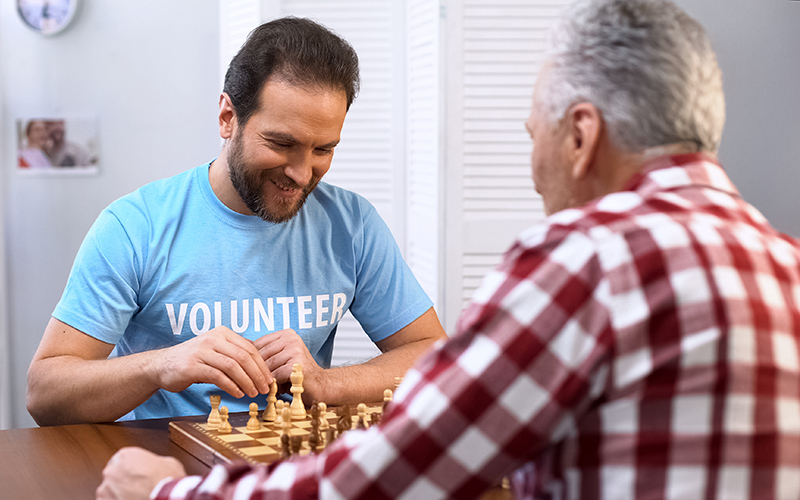In today’s society, where you are more aware of mental health-related problems, you might sometimes be overly conscious. An example of this is when you hate receiving compliments because you don’t know whether it’s an insult hiding behind the nice words.
Why Am I Bad at Receiving Compliments?
There are plenty of reasons why you may feel this way, and most of the time, it’s not your fault. Your previous experiences made you bad at receiving compliments, and it will take time to unlearn the habit.
1. You Hate Attention
Some individuals hate being the center of attention, and you’re one of them. When in an event, you don’t like being complimented for something you worked hard for because everyone will look at you. And you hate that feeling.
It is a valid response at times like that, and it may be rooted in a humiliating experience you’ve had with that many crowds. Dislike of attention can also come from a lack of acknowledgment from your parents when you were a child.
2. You Have Low Self-Esteem

Low self-esteem is rampant in almost all age brackets, primarily because of bad childhood experiences. You may have experienced bullying, so you don’t accept it when someone thinks highly of you.
There are also times when you don’t feel like you excel in anything, so being praised for doing something amazing, you always make a joke out of it.
3. You See Yourself Differently From What Others Say
When a friend compliments your dress fitting you nicely, you will fall into a spiral of negative thoughts. You might think they insult your body, or the dress you bought does not look great. Psychologists call this “cognitive dissonance.”
You already fixed a description of yourself in your mind, so when compliments don’t line up with them, you will always feel like you’re being made fun of. A go-to response that you use at times like this is a joke about yourself or redirecting the topic.
4. You Don’t Want to Look Arrogant

You grew up hating compliments because you don’t want to sound like a jerk when you confidently accept them. Saying “I know” when someone says, “You look good today!” makes you cringe. It also happens even when you just say, “Thank you!”
There are ways not to sound arrogant when acknowledging someone’s nice words towards you. But of course, choosing the right words is still the best way to do it.
5. You Don’t Like People Expecting Something From You
Sometimes, compliments always have the burden of proving your worth to the people saying them. And it’s hard to live up to their expectations when you don’t expect many great things from yourself.
You always set your self-expectations low because you don’t want eyes looking at your journey and getting disappointed. For example, when your boss picks you as the one who will make the reports because you’re good at it, imposter syndrome kicks in.
6. You Feel Anxious All the Time
Another reason you hate receiving compliments is that you don’t know what to do at times like this. You will feel like you don’t have the words to thank that person for saying good things about how you look or what you did. And that’s valid!
Not everyone can handle compliments well; you should not be pressured to be good at it in a snap. Try to maintain your composure every time this happens and practice what you’ll say when it happens.
7. You Think They Are Insulting You

Lastly, receiving good feedback from other people always makes you overthink that they are insulting you. That they just hide the insults behind the nice words they say, thinking that you will not catch their mean undertones.
It is hard to unlearn this thinking because you may have developed it since childhood. However, there are things you can start doing to address this issue.
How to Accept Compliments Humbly?
Verbalizing gratitude and sharing credit with others is one of the best ways to accept compliments humbly. There is no easy method to dig yourself from bad experiences that make it hard to turn this one around.
Psychologists provide one of the best ways to fix your fear and hate of receiving compliments: to become compassionate to your inner self-critic. You are your own critic and will never break free from it through brute force.
Knowing that your mind is protecting you from falling into deeper psychological traps by avoiding compliments is best. However, you must find a way to teach yourself compassion and patience when discovering why you act this way.
Frequently Asked Questions
Why Do Compliments Make Me Uncomfortable?
Compliments make you uncomfortable because your mind unconsciously protects you from being arrogant and connecting with the wrong people. But it also robs you of making connections with genuine people.
All these feelings come from a place of trauma that happened in your past. Talking to a therapist about it will remove the burden from your shoulders and will make you feel good about yourself.
How to Respond to Compliments?

The best way to respond to compliments is by saying gratitude and ensuring that your words will not sound overly confident. Remind yourself that saying “Thank you!” to someone giving compliments is not different from regular communication.
You can also count to three before saying anything to the other person. This way, you can gather your thoughts and not blurt out words that will make you feel bad later on.
Why Do I Take Compliments as Insults?
You feel this way because of low self-esteem, and your self-image does not align with the compliments they say to you. These words have mean undertones because of how lowly you think of yourself.
This feeling can also be rooted in your childhood when your parents don’t compliment you or even acknowledge the good little things you do. You need to remember not to blame yourself because many factors made you what you are and feel today.
Unlearning Self-Criticism Is a Process
It will be a long journey to know and understand why you hate receiving compliments. But by investing in this journey, you will learn a lot more about yourself and how the past contributes to what you are today.
However, you must bear in mind that doing this unlearning of self-criticism alone is not recommended. Talking to a licensed therapist will significantly help because they can assess your words, feelings, and experiences.
You Can Also Read These:
- Daily Habits Of Successful People You Can Follow
- How To Overcome Self Doubt And Be More Confident
- The 5 Stages Of Burnout: Which Stage Are You On?




